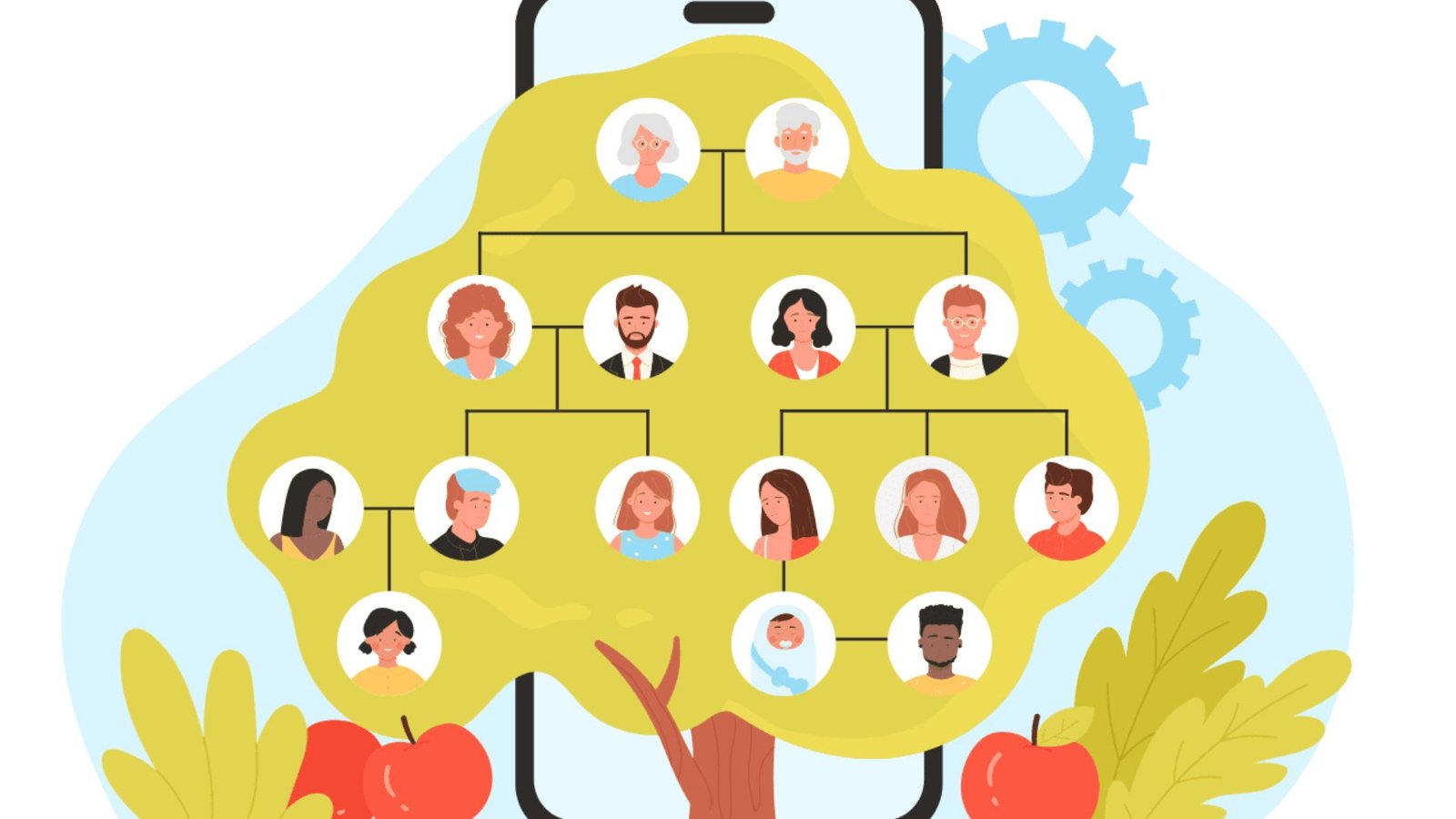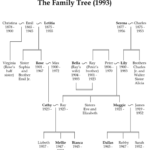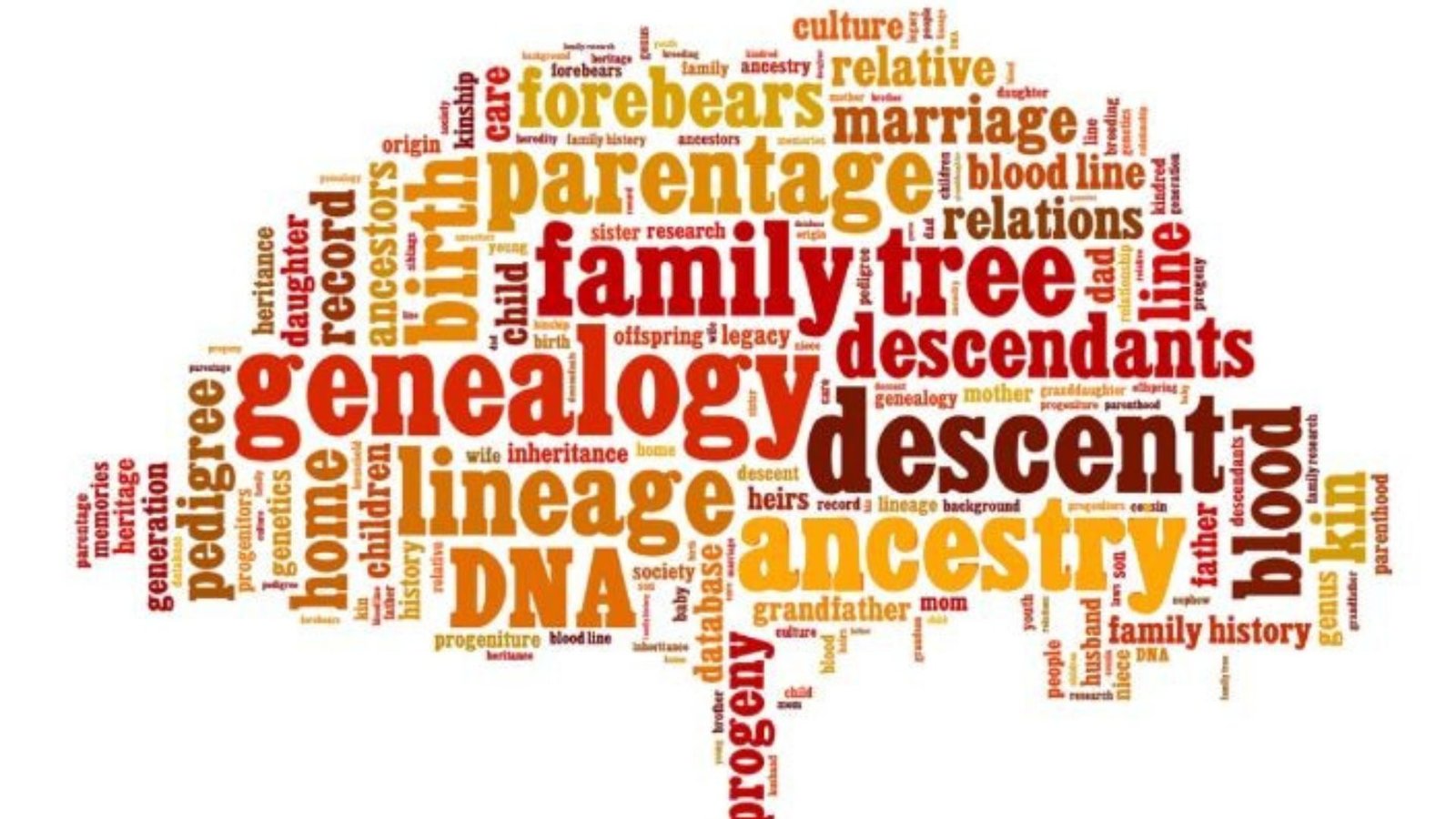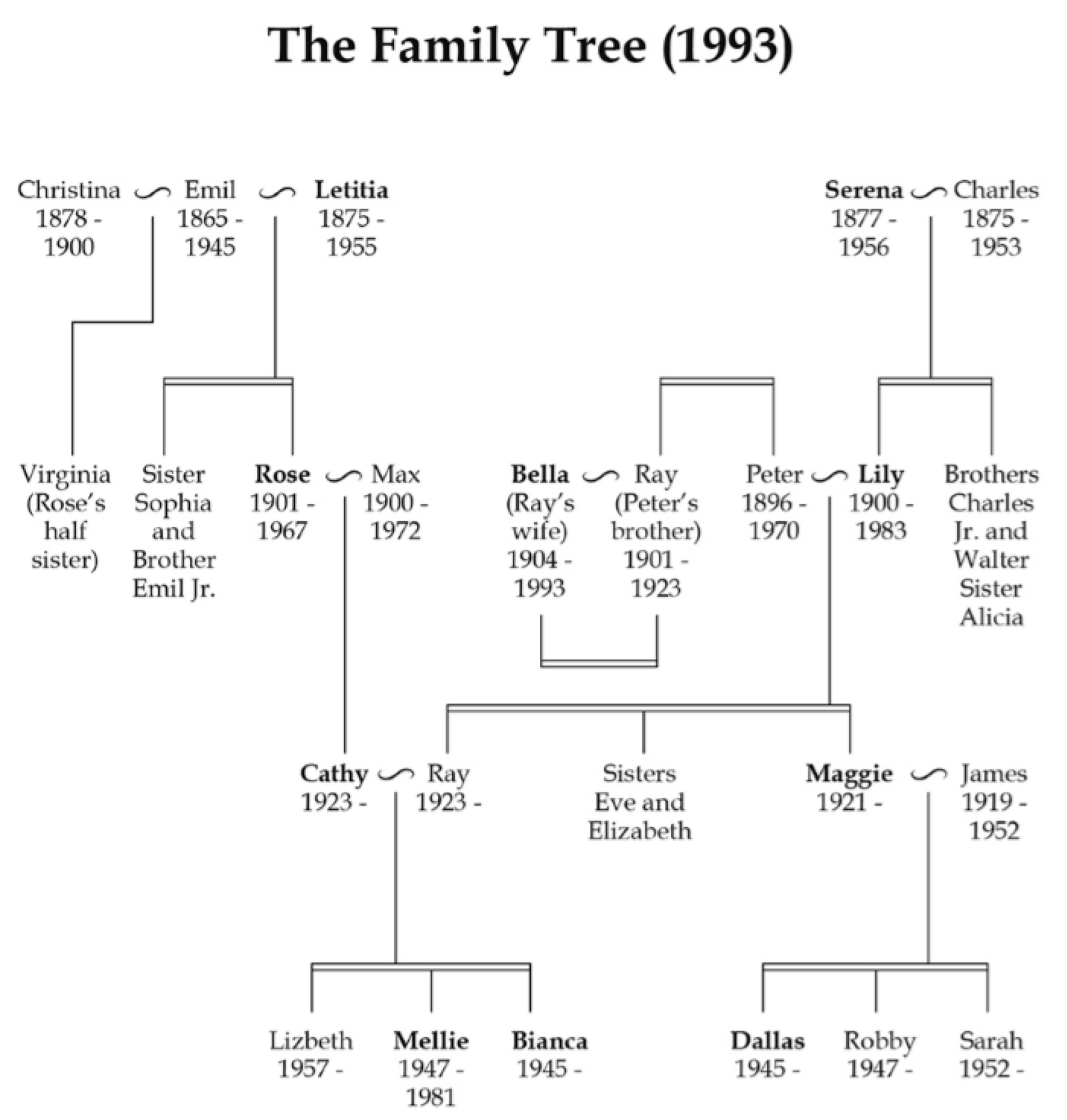Family lineage holds a unique place in shaping cultures worldwide. It connects people to their ancestors, defines identities, and influences traditions. Understanding the role of family lineage in culture allows us to see how deeply our heritage impacts our lives, values, and social systems.
Why Family Lineage is Important in Culture
Family lineage forms the backbone of many cultural practices. It serves as a bridge between the past and present, linking individuals to their roots. By understanding the role of family lineage in culture, we gain insight into how communities preserve their customs and stories. For instance, in many societies, ancestral connections determine inheritance, social status, or even roles in rituals.
This connection to the past fosters a sense of belonging and continuity. Families pass down traditions, beliefs, and values that create a shared identity among generations.

Family Lineage and Identity
One of the most significant roles family lineage plays is in shaping identity. Knowing where you come from builds a stronger sense of self. Cultures often emphasize lineage through surnames, family crests, or oral histories. These markers remind individuals of their heritage and their role within a broader community.
In some cultures, family lineage also determines social roles. For example, in societies with caste systems or aristocracies, lineage influences a person’s position and responsibilities. This highlights how family ties can shape personal identity and societal dynamics.
The Role of Family Lineage in Traditions
Festivals, ceremonies, and rituals frequently involve honoring ancestors. Understanding the role of family lineage in culture reveals how these practices preserve history and ensure that family values endure.
Take, for instance, naming ceremonies or wedding customs. These events often involve acknowledging ancestors, symbolizing the continuation of family lines. Such traditions keep families connected to their past while celebrating their future.
Family Lineage in Storytelling
Storytelling is another way family lineage enriches culture. Through stories, families pass down knowledge, morals, and experiences. These narratives shape cultural identity and provide lessons for future generations.
Understanding the role of family lineage in culture includes recognizing how stories connect people to their ancestors. Folktales, family legends, and historical accounts all serve as threads in the cultural fabric, weaving together the past and the present.
Family Lineage and Social Structures
In many cultures, family lineage influences social structures. It defines kinship systems, inheritance rules, and even political power. For example, monarchies rely on lineage to determine succession. Similarly, tribal societies often organize themselves around clans or extended families.
Understanding the role of family lineage in culture helps us appreciate these systems and their impact on communities. These structures provide stability, ensure the transmission of knowledge, and maintain societal order.
Preserving Lineage Through Genealogy
Genealogy plays a vital role in preserving family lineage. By tracing ancestry, families document their heritage and ensure their stories are not forgotten. Understanding the role of family lineage in culture often involves studying genealogy to uncover hidden connections or lost traditions.
With the rise of genealogy software and DNA testing, more people are exploring their roots. These tools make it easier to understand how family lineage shapes identity and culture.
Family Lineage and Cultural Diversity
Cultural diversity owes much to family lineage. Each family brings unique traditions, languages, and histories that contribute to the richness of human culture. By understanding the role of family lineage in culture, we see how these differences create a vibrant tapestry of human experiences.
Celebrating lineage encourages mutual respect and appreciation for other cultures. It reminds us of our shared humanity while honoring our distinct heritages.
Challenges in Tracing Family Lineage
Despite its importance, tracing family lineage can be challenging. Wars, migrations, and societal changes often disrupt records. Understanding the role of lineage in culture also involves recognizing these challenges and finding ways to overcome them. Efforts to document lineage through oral histories, archives, and modern technology ensure that families can preserve their heritage despite these obstacles.
Conclusion
Understanding the role of family lineage in culture reveals the deep connections between individuals, families, and societies. It shapes identity, preserves traditions, and enriches our understanding of the past. By embracing our lineage, we honor our ancestors and carry their legacy forward. Family lineage is more than just history—it’s a living thread that ties us to our cultural roots and guides future generations.











